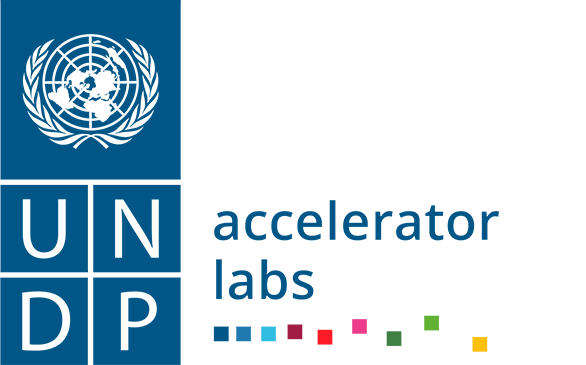Mooc on public and social innovation concepts and tools
What it does.
This massive open online course (MOOC) enables participants to develop competencies in the main concepts of public and social innovation, as well as to enhance practical skills by learning methodologies and tools. The MOOC caters to various types of profiles, including civil servants, civil society organizations, academia, and private sector counterparts. The course is hosted on Moodle, self-paced, and features short, explanatory videos, supplemented with readings, interactive quizzes, and a final assignment. Participants who complete all modules and assignments receive a certificate of completion for 22 hours of learning. The course covers the following topics: (1) Citizen Labs, (2) Open Culture, (3) Public Innovation Hexagon, (4) Behavioral Approaches for Public Interventions, (5) Design Thinking, (6) Participatory Methodologies, and (7) Social Innovation and Future Thinking.
Value proposition for the government/other partner.
By utilizing this MOOC, you will empower potential allies and counterparts to grasp the concepts of public and social innovation, providing them with clarity on implementation methods. This will enable actors to advocate for and commit to utilizing public and social innovation as a novel mechanism for public governance and citizen participation. Moreover, enhancing capacities and practices will enable local governments to incorporate an innovative approach in the design, development, and enhancement of public services, ultimately leading to more effective and transparent processes. This tool contributes to SDG 16 “Peace, Justice, and Strong Institutions” and target 16.7 “ensure responsive, inclusive, participatory and representative decision-making at all levels”.
Why and when to use it.
This tool is most useful when there is an engaged government counterpart actively seeking to adopt a public and social innovation approach in its operations and delivery of public services. It is cost-effective to train many civil servants simultaneously, especially those located in diverse geographical areas. Additionally, it is recommended that senior management, as well as analysts, participate in this learning journey. With clear commitment from the government, the inclusion of social and innovation processes can be expected to become integrated into the institution’s workflow, leading to institutionalization of the process.
Known issues and troubleshooting.
- If there is a lack of commitment and engagement from participants, the results will be partial and not fully satisfactory for the MOOC organizer.
- The course content is introductory. Participants who wish to deepen their knowledge on the topics covered are recommended to take additional courses.
Context.
As a member of the Open Government Partnership (OGP), Ecuador is committed to having a more open and participatory government. As part of the OGP Action Plan 2019-2022, it aimed to establish an Innovation Citizen Lab for the first time in the country. UNDP’s Accelerator Lab played a key role in offering technical assistance in 2022 to design, implement, and operate the Citizen Lab called Thinkia. The Secretariat of Higher Education and Innovation of Ecuador leads this Lab and collaborates with seven other actors from academia (2), civil society organizations (2), other public institutions (2), and the cooperation sector (UNDP). The government employs a shared and decentralized governance model for Thinkia: Citizen Lab to include other actors as part of the management team and decision-making process. UNDP’s Accelerator Lab developed the governance model proposal and supported its implementation.
One of the first outcomes of the collaboration among the various actors running Thinkia was the creation of a massive open online course on public and social innovation, leveraging the expertise of each member. Thus, each member was responsible for creating the content of one of the modules. UNDP’s Accelerator Lab structured the course by generating and organizing the learning materials and managed the course on Moodle.
Cost to implement
USD 4,000 – 4,500 (to build the MOOC from zero)
Time.
To organizing the launch of the course 1 moths is required. To hold the course and receive feedback 1 month and a half is needed.
People.
To run this course and make it available to the public the following team members will be required:
- A course leader who strategizes the use of the course and generates the needed partnerships.
- A course administrator in charge of solving all enquiries related to the platform and managing the registration process.
Focal Point.
[Ana M. Grijalva] (https://undp-accelerator-labs.github.io/Innovation-Toolkit-for-UNDP-Signature-Solutions/contributors/Ana%20M.%20Grijalva.html)
Country, year, and language.
Ecuador, 2022, Spanish
Resources.
-Access link (Spanish) Moodle Platform of UNDP Ecuador
Please contact the focal point if you want to make use of the course.
